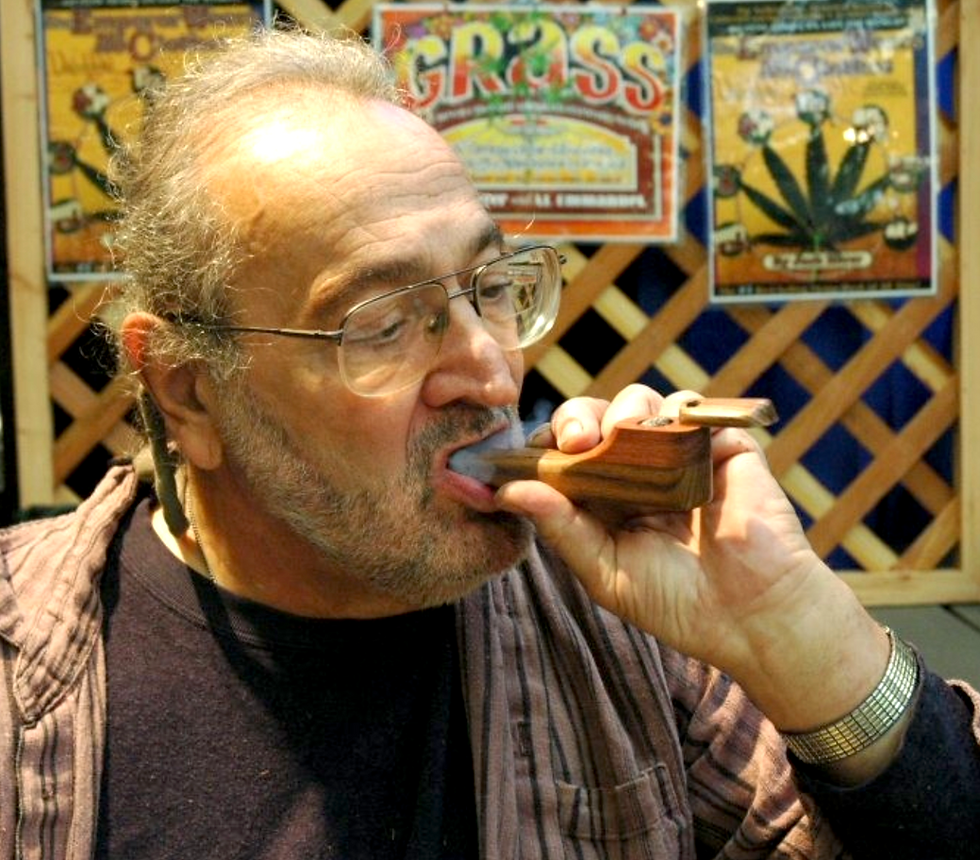Addressing the Urban Legends of Synthetic & Alt Cannabinoids
- Higher Learning LV Staff

- Jun 15, 2022
- 2 min read
Updated: Feb 28, 2023
This article was featured in the Cannabis Commerce + Chemistry Podcast No. 4. Listen now.
Recently, two urban legends have emerged on popular social media platforms such as Twitter and Facebook about cannabis and one of the primary classes of compounds it produces, cannabinoids.

One of these urban legends perceives and describes emerging "alt" (alternative) cannabinoids—such as delta-8 THC, delta-10 THC, hexahydrocannabinol (HHC), and THC-O Acetate—as harmful and undesired phytomolecules. The other urban legend of note is the belief that synthetic cannabinoids are somehow inferior to their organic chemical cousins.
Both of these urban legends serve only to confuse patients and lifestyle consumers. They also confound medical professionals and caregivers, many of whom may purposefully avoid recommending such alt and synthetic cannabinoids to their patients out of the fear that harm may result.

Mechoulam on Synthetic Cannabinoids
For resolution of the urban legend regarding a supposed inferiority of synthetic cannabinoids, readers are referred to an exclusive interview of Raphael Mechoulam conducted by Higher Learning LV in January 2022. The interview addressed this topic with this pioneering scientist who discovered THC in 1964 and the endocannabinoid system in the early 1990s.
From the interview:
Higher Learning LV: "There is a perception among some patients and cannabis consumers that naturally occurring cannabinoids are more healthy than synthetic cannabinoids. Synthetic cannabinoids are sometimes stereotyped as featuring a lower safety profile. Is there any scientific basis for such a bias against synthetic cannabinoids?"
Raphael Mechoulam: "Synthetic versus natural is not relevant as regards toxicity or activity. If a compound is toxic or active, it will be toxic or active...whether it is natural or synthetic."
Thus, Mechoulam tersely topples this urban legend, explaining that each molecule must be carefully tested in humans to determine its individual safety profile. He also explains that this profile is in no way determined by whether a molecule is naturally occurring (produced by a botanical species) or is synthesized by humans in a laboratory.

Dr. Raphael Mechoulam (photo courtesy Raphael Mechoulam)
Avoiding Misinformation
These two urban legends intersect because one emerging alt cannabinoid, THC-O Acetate, is fully synthetic (meaning that it does not appear in nature). However, as shown by the Mechoulam interview excerpt above, this fact does not make THC-O Acetate inherently inferior to naturally occurring cannabinoids such as delta-8, delta-9, and HHC. To perceive otherwise is to go against science and its most brilliant thought leaders.
"These two urban legends intersect because one emerging alt cannabinoid, THC-O Acetate, is fully synthetic, meaning that it does not appear in nature."
Social media is rife with urban legends and misinformation—especially with regard to controversial topics such as cannabis and hemp. The next time readers encounter such misinformation, post a link to this Higher Learning LV Articles collection and its more than 500 articles based on peer-reviewed scientific research.
Until then, reading the articles linked above will give readers a more accurate understanding of alt cannabinoids such as delta-8, delta-10, HHC, and THC-O Acetate and why a molecule's status as naturally occurring or fully synthesized in no way dictates its attractiveness as a potential wellness molecule or its safety profile.

🎧 Like what you just read? Listen and learn with our highly educational weekly Cannabis Commerce + Chemistry Podcast. At under 30 minutes per episode, it helps industry professionals stay current on trending topics.












The reason there's fear of synthetic cannabinoids is mainly due to that spice. Frequently advertised as synthetic cannabinoids when they weren't. It killed many people even I had a close call with it. I prefer natural cannabinoids because humans error, mother nature doesn't. Not like that anyway. Ive tried these synthetic cannabinoids that are out now and they're nothing like that spice crap. Still, out of fear from my experience I prefer natural ingredients.
Most I know that are interested in Natural Therapy, are striving to eliminate synthetics from our lives. I simply do not see the point in consuming something that is attempting to replicate what we can find naturally in nature. As far as Mechoulam While his research has been groundbreaking for cannabinoid therapy, he is also invested all that knowledge to further an agenda to create these compounds in a lab- FOR PROFIT - so there's that...
Excellent explanation for such a short read .
Thank you for the knowledge.